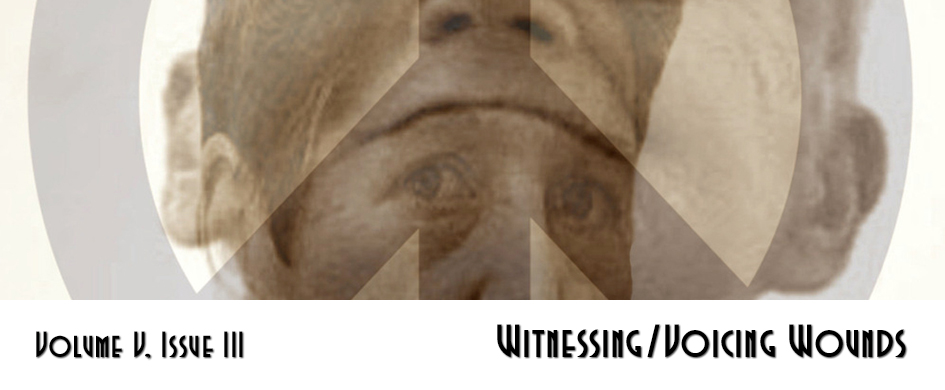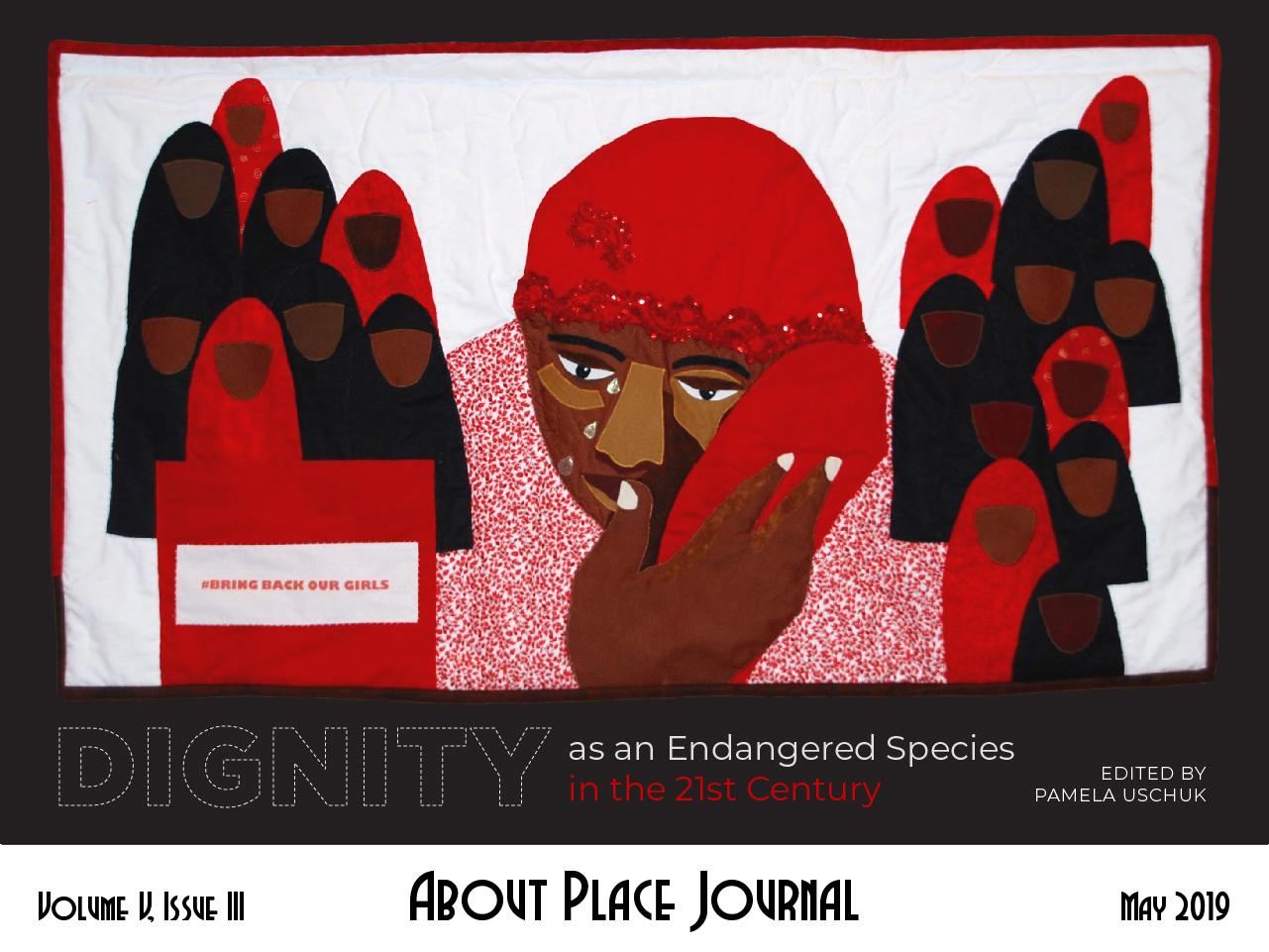We thought each of us would go gracefully, with laughter and even joy. By “each of us,” I mean lesbians, artists, the queer. I mean the family we have chosen to be for each other.
No one has imagined us, Adrienne Rich wrote in her most famous sequence, “Twenty-one Love Poems.” It had seemed to us then a call to action.
At the most recent memory care unit we have moved Alex into, euphemistically named The Renaissance, she wanders into the unoccupied rooms of other residents and takes naps in their beds.
Sometimes it angers me that it is up to us to make the effort to remember Alex, her compositions on the piano, her doctorate in cultural anthropology, how she heard Coltrane in a small club when she was a freshman at Mills. That she makes no effort.
“Motion is part of listening,” the poet Anne Carson writes. We listen for motion. Perhaps Alex lost her memory the way I notice I can no longer hear the creek though I can see it is still flowing.
At one time, Alex had a wife named Lillian, who covered for her, who made excuses, as partners do. When Lillian died suddenly of stage-four pancreatic cancer we found out that Alex could no longer tie her shoes.
No children. No siblings. How it sometimes goes with us.
I look across the creek toward Alex’s former house, which is there every day without her in it, the field mice accumulating in the traps I set, the snow piling up without the plow. I should have known something was wrong when, ten years ago in this dark canyon, she remodeled and made the windows smaller.
Tell me a story of a time you were lost or of something you lost and never found again. Something valuable to you because you remember losing it.
“Why are you trying to trouble me so?” Alex asks, furious, when, after a drive, I bring her back to assisted living. “This isn’t my home!” she hisses, bewildered. I coax her to her apartment, show her the closet with her clothes, her landscapes of mountains on the walls. “I feel like I’m in a horror movie,” she says, collapsing on the sofa.
Or tell me of something that miraculously returned: a silver bracelet hand-made in Barbados you found under the snow bank when it melted in the spring.
As if the body, disintegrated, had in parting arranged a series of signs laid out on the white, stripped mattress: her skull cap from Nepal, now filled with mouse droppings, woven scarves from her trips as a translator to Peru, beaded pouches given to her father by the Blackfeet.
As if the blackened yellow leaves of aspen.
As we clean out her house, sometimes one of us will fall for some object or feel that we might need it, a small aqua vase, a sienna and chestnut bowl, a vacuum cleaner, and take it home. A month later, the item will be placed back again.
We call ourselves her team, though we were before a community.
Her name has slipped from the nameplate I brought her and set on her desk. I search for it under the couch, in the cupboards. In the end, I think maybe I have dreamt this.
Death in itself is nothing; but we fear / To be we know not what, we know not where. (John Dryden).
The famous story of Chuang-tzu dreaming he was a butterfly and then waking, not knowing if he was dreaming he was a butterfly or that he was the butterfly dreaming he was Chuang-tzu is simply confusing.
“It is so good to see you! Where are you living now? What have you been doing?” Alex asks. Deeply engrained, these human questions that tie us to each other, though as she repeats them she unties the knots.
But it’s a place of strange qualities, and one who arrives there will walk among its greenery and trees in solitude, never seeing another soul. Occasionally on a moonlit night or when a storm’s about to break, he may sense the presence of his fellow inhabitants. But most days, for each traveler, it’s as though he’s the island’s only resident. (Kazuo Ishiguro).
“I guess it doesn’t matter where you live,” Alex admits.
On the radio, news of a Benedictine order of nuns called the Sisters of Perpetual Adoration. In reality, the program says, there are few orders left, the original nuns old, sick, dwindling, relying on volunteer laypeople to cover the 24-hour prayer shifts.
Alex sits blankly at the table. Unbuttered wheat bread and meat in a cup. Even the nurse says she has panic attacks that she will get locked in here.
An idea surfaces in words. Then, the air, birds, grasses take its place. This is the opposite of Alzheimer’s.
We return the Bible the visiting church ladies have left with her. We volunteer to paint over the lingerie-colored walls. No, we explain to the aides, it is not that Alex hates men. But if that guy down the hall raises his voice again, know that she will go after him.
So many common phrases now seem imprecise, if not downright wrong: Only child. Memory care. Some seem perfectly on: she passed away.
I read in a book called Japanese Death Poems that the first part of the death journey leads through mountains. For this reason, the dead are often given sandals.
Empty-handed I entered the world
Barefoot I leave it.
My coming, my going—
Two simple happenings
That got entangled. (Kozan Ichikyo, 1360)
In a novel, the speaker cries on the balcony of a hotel in Capri knowing that she will never stand again in a place so beautiful.
In order to become lesbians, we had first to leave our families. Whether or not they loved us. Whether or not there was violence.
A guild, a troupe or battalion of us thrown together by like circumstances, managing perforce a solidarity. (Brian Blanchfield).
Perhaps not perforce thrown together. More so attracted, erotically compelled.
Perhaps a true story, the body choosing.
Whereas “caretaking” sounds like theft, a thumping sound, a shoe thrown, a rock rattling toward us down the slope, we learn that “caregiving” returns our best to us.
I touch you knowing you weren’t born tomorrow, / and somehow, each of us will help the other live, / and somewhere, each of us must help the other die. (Adrienne Rich).
Today, we bring Alex an Abby Lincoln CD, a photo of her father holding reins on a wagon, a mounted blue morpho butterfly, a red dance shawl, a scarf. She chooses the red and the father-photo. Today, he makes her smile. The rest we place in the corners with chocolate and the wine.


